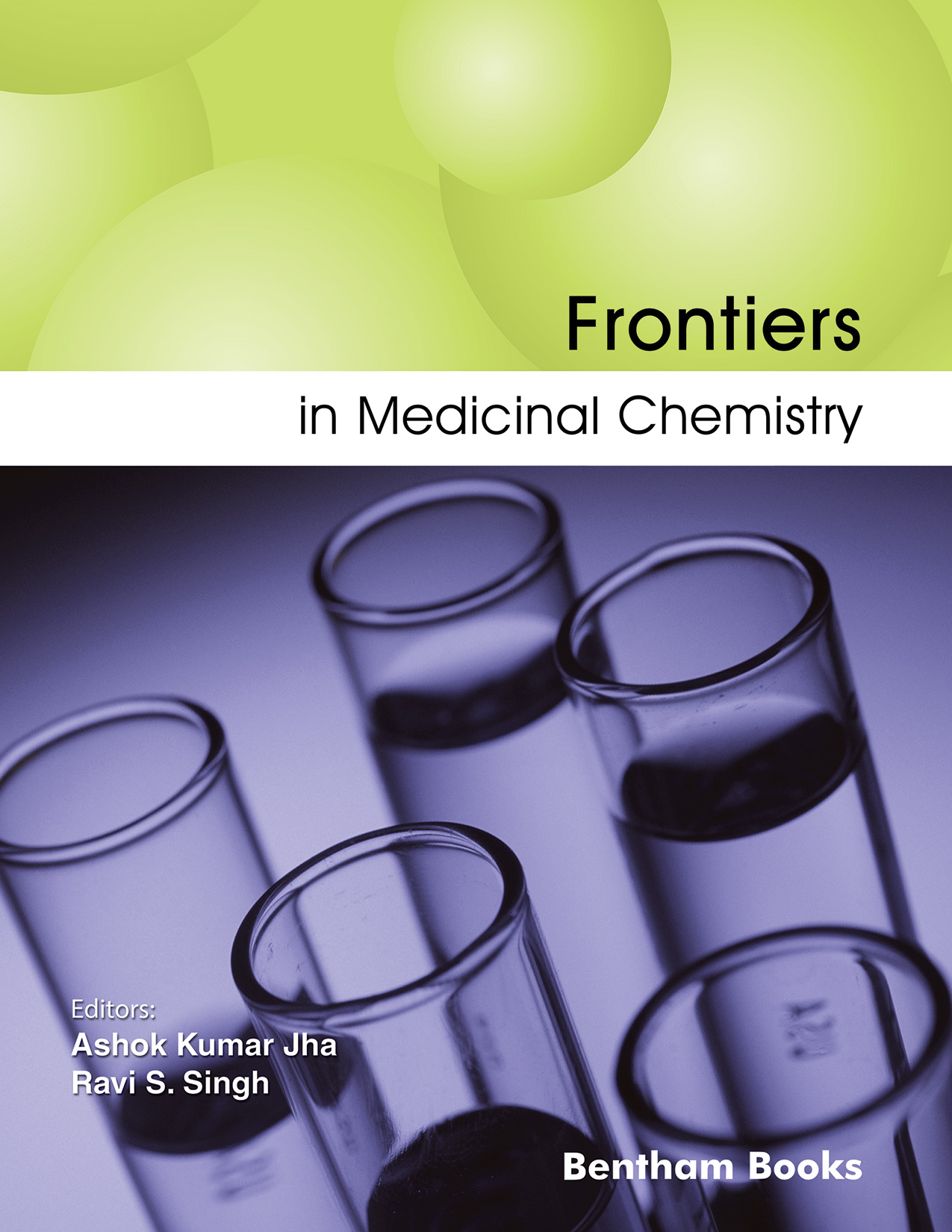Introduction
Frontiers in Medicinal Chemistry is a book series devoted to reviews on research topics relevant to medicinal chemistry and allied disciplines. Frontiers in Medicinal Chemistry covers developments in rational drug design, bioorganic chemistry, high-throughput screening, combinatorial chemistry, compound diversity measurements, drug absorption, drug distribution, metabolism, new and emerging drug targets, natural products, pharmacogenomics, chemoinformatics, and structure-activity relationships. This book series is essential for any medicinal chemist who wishes to be updated on the latest and the most important advances in the field.
This is the tenth volume of the series. The extensive volume brings 11 reviews on a variety of topics including anti-cancer drug therapeutics, food chemistry, toxicology and drug development strategies. The list of topics in this volume includes:
⚬ Isoxazole derivatives as potential pharmacophore for new drug development
⚬ Contemporary trends in drug repurposing: identifying new targets for existing drugs
⚬ Pharmaceutical potential of pyrimidines as antiviral agents
⚬ Drugs and phytochemicals targeting cancer
⚬ Harnessing the neurological properties of indian brain health booster brahmi
⚬ Carcinogenicity of hexavalent chromium and its effects
⚬ Medicinal plants: a future of modern medical system
⚬ Shikonin, a naphthaquinone of commercial importance: its biosynthesis and prospect for use as drugs
⚬ Fast foods: chemical composition and implications for health
⚬ Implications of DNA-acting agents as anticarcinogenic potential in breast cancer therapeutics
⚬ Aloe vera - a medicinal plant as potential therapeutic agents for liver cancer
Readership Medicinal chemists, pharmaceutical research and development professionals, researchers in medicine and life sciences.

